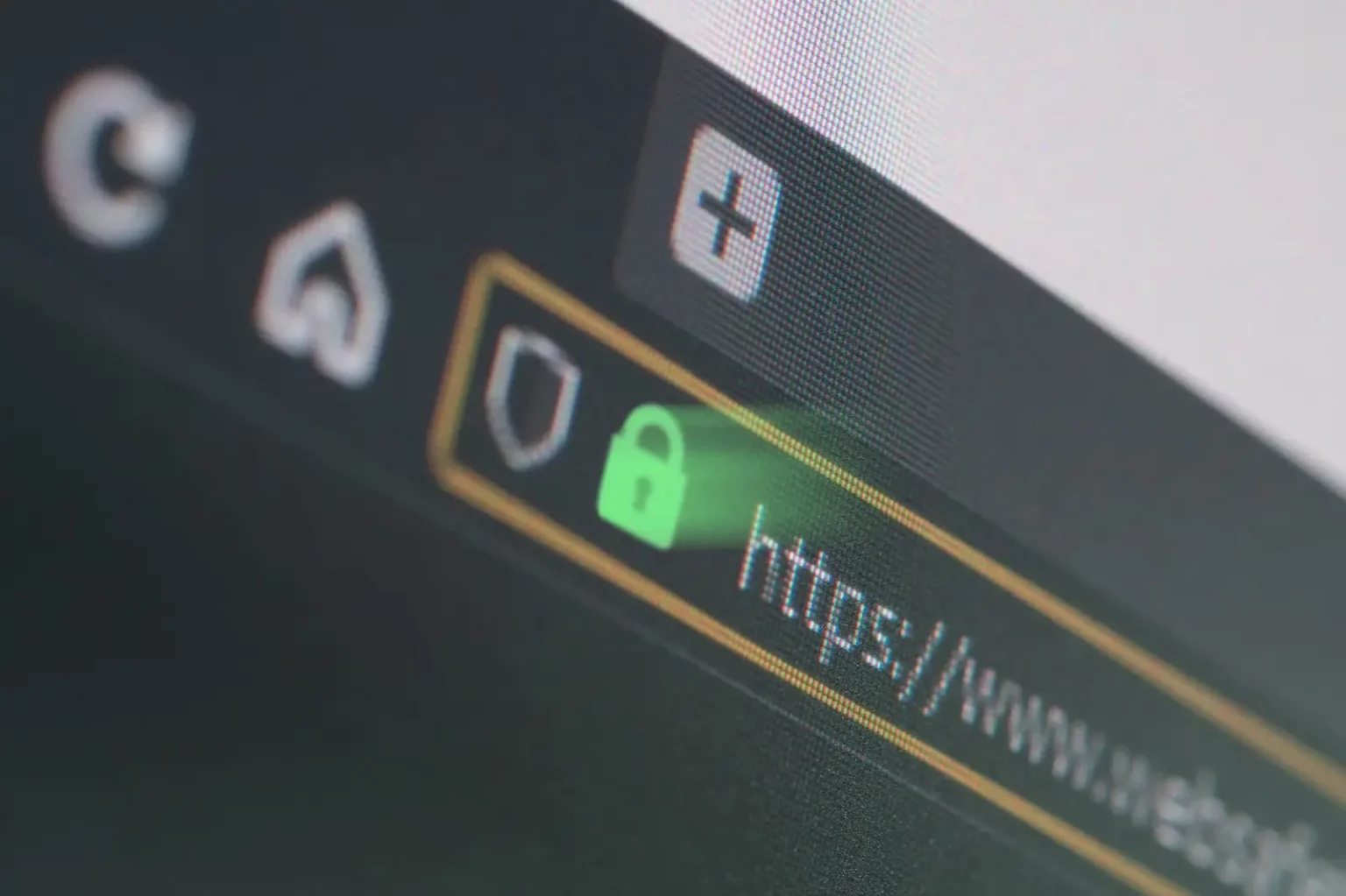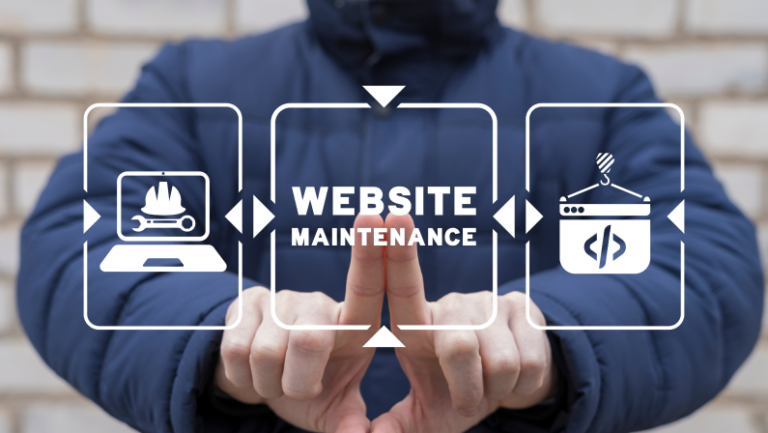Have you ever hesitated to enter your credit card details on a website because you weren’t sure it was safe? You’re not alone. Online security is a significant concern for many internet users. With cyber threats on the rise, ensuring the safety of personal and financial information has never been more critical. This is where SSL certificates come into play. An SSL certificate is a key component in safeguarding data, building trust with your audience, and improving your website’s overall performance. In this article, we will explore what an SSL certificate is, how it works, and why it is indispensable for modern websites.
What is an SSL Certificate?
An SSL (Secure Sockets Layer) certificate is a digital certificate that authenticates a website’s identity and enables an encrypted connection. Think of it as a digital passport that verifies the legitimacy of a website and ensures any data exchanged between the user and the site remains private.
How Do SSL Certificates Work?
SSL certificates use encryption to secure data. When a user visits a website with SSL, their browser requests the site’s SSL certificate to establish a secure connection. The process involves a handshake where the browser and the server agree on encryption methods and create a secure session. This ensures that data transmitted between them is encrypted and protected from eavesdroppers.
What Information Does An SSL Certificate Contain?
An SSL certificate typically contains the following details:
- The domain name it’s issued for
- The certificate authority (CA) that issued it
- The certificate holder’s public key
- The certificate’s validity period
- Various other information that verifies the identity of the certificate holder
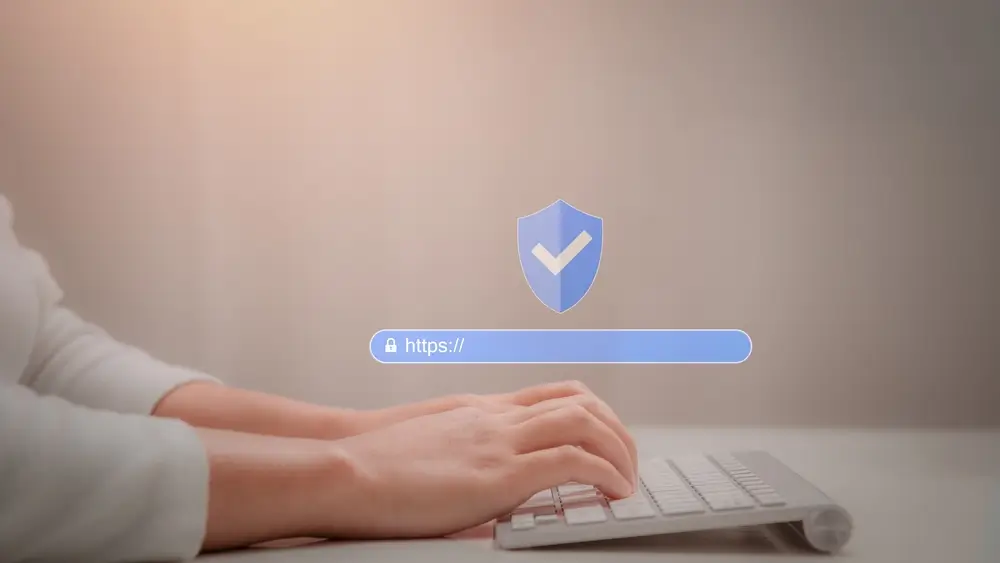
Why Are SSL Certificates Important?
Are you wondering, “Do I need an SSL certificate,” or “What is the purpose of an SSL certificate?” SSL certificates play a crucial role in ensuring security and trust on websites for several reasons:
Security
SSL certificates provide encryption, ensuring that sensitive information such as passwords, credit card details, and personal data are protected from cybercriminals.
Strengthen Customer Confidence
Displaying an SSL certificate boosts customer trust. When users see the padlock icon in the browser bar, they feel more confident that their data is secure.
Improve User Experience
A secure website contributes to a better user experience. Modern browsers alert users when they visit non-secure sites, which can deter potential visitors.
Support Regulatory Compliance
Many regulations, such as GDPR and HIPAA, require websites to encrypt sensitive data. An SSL certificate helps businesses comply with these laws.
Improve SEO & Rank Higher in Search
Search engines like Google favor secure websites. Having an SSL certificate can improve your site’s SEO, helping it rank higher in search results.
Why Do Websites Need An SSL Certificate?
With cases of cyber attacks today, having an SSL certificate is no longer optional but essential. Here’s why:
Encryption
SSL certificates encrypt data, making it unreadable to anyone except the intended recipient. This is crucial for protecting sensitive information.
Authentication
SSL certificates verify that a website is legitimate, protecting users from phishing scams and other fraudulent activities.
HTTPS (Hypertext Transfer Protocol Secure)
An SSL certificate enables HTTPS, a secure version of HTTP. HTTPS is not only crucial for security but is also a ranking factor for search engines.
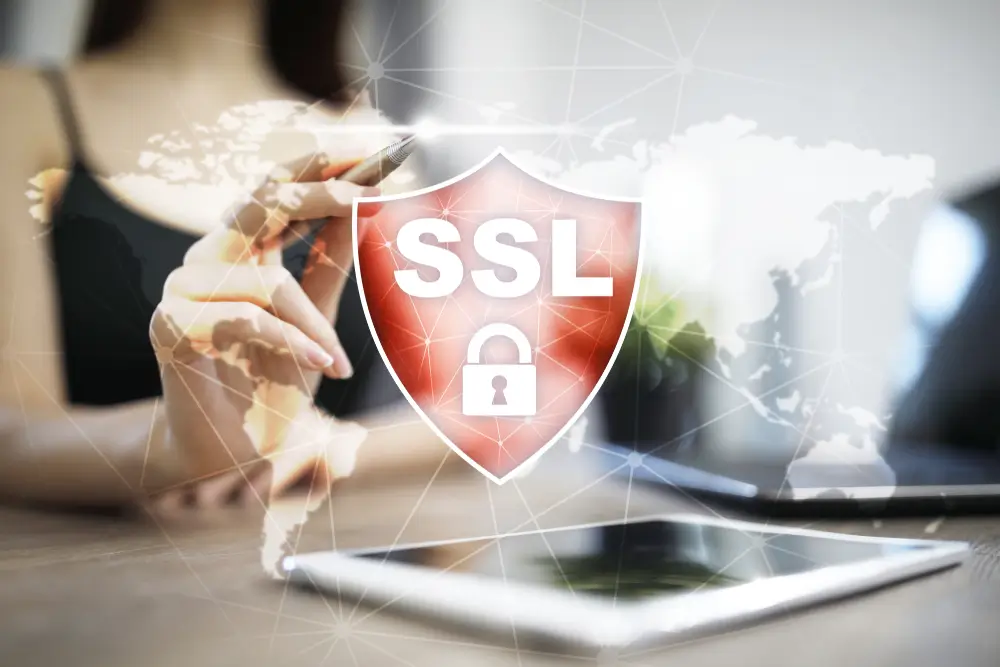
What Are The Types of SSL Certificates?
There are various types of SSL certificates that cater to different needs:
Extended Validation Certificates (EV SSL)
These certificates offer the highest level of validation and display the company name in the browser bar, providing the most visible security indicator.
Organization-Validated Certificates (OV SSL)
OV SSL certificates provide a higher level of security than DV certificates by validating the organization behind the website.
Domain-Validated Certificates (DV SSL)
DV SSL certificates offer basic encryption and are quick to obtain. They are suitable for blogs and informational websites.
Single-Domain SSL Certificate
This type secures one domain. It’s ideal for small websites and blogs.
Wildcard SSL Certificate
A wildcard certificate secures a domain and all its subdomains. It’s perfect for websites with multiple subdomains.
Multi-Domain SSL Certificate
Also known as SAN certificates, these secure multiple domains and are useful for businesses managing several websites.
How To Install An SSL Certificate
Installing an SSL certificate involves several steps. Here’s how to get an SSL certificate:
1. Choose Your Certificate
Decide on the type of SSL certificate that best suits your needs.
2. Choose a Certificate Authority
Select a reputable certificate authority (CA) to purchase your SSL certificate from.
3. Set Up Your Server
Ensure your server is prepared to generate a Certificate Signing Request (CSR).
4. Submit Your Certificate Signing Request
Generate and submit a CSR to your chosen CA. This request contains your public key and your details.
5. Install Your SSL Certificate
Once the CA issues your SSL certificate, install it on your server. This typically involves copying the certificate files to your server and configuring your web server to use them.
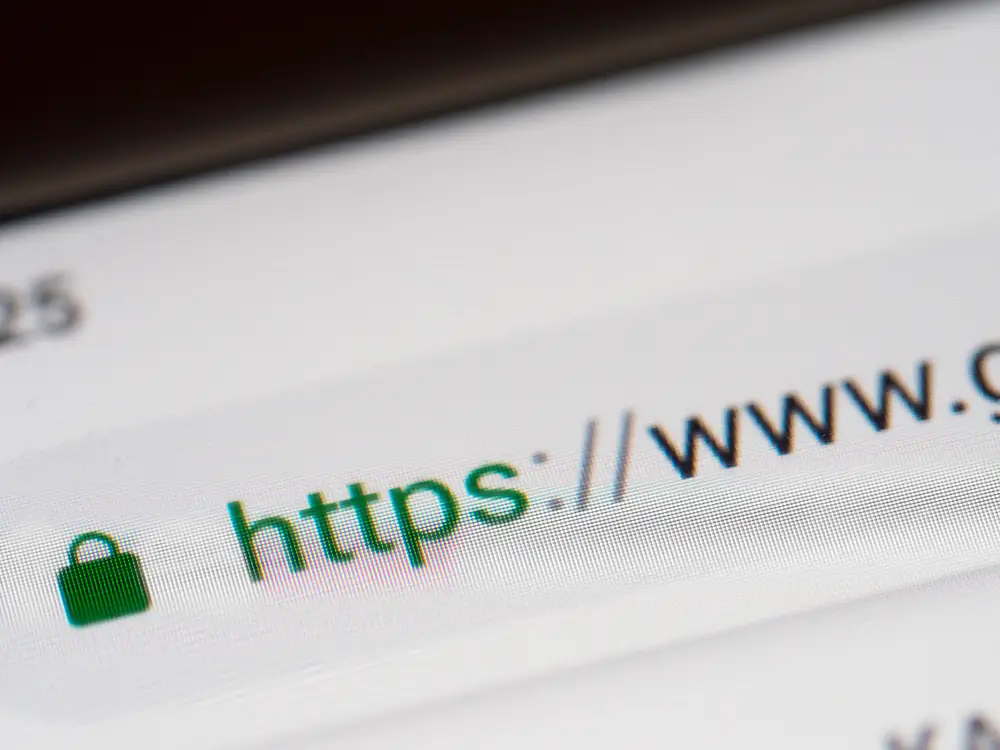
Is It Possible To Get A Free SSL Certificate?
Yes, it is possible to get a free SSL certificate. Services like Let’s Encrypt provide free SSL certificates that offer basic encryption. These are suitable for many small websites and blogs.
However, while free SSL certificates from services are fantastic for basic encryption on personal sites and blogs, there are limitations to consider. These certificates often lack the higher validation levels that build trust for businesses handling sensitive data. Additionally, frequent renewals and some technical know-how for installation can be hurdles.
Partnering with a web development expert like LeadOrigin streamlines the process entirely. We can recommend the perfect SSL certificate for your needs, handle the installation seamlessly, and ensure automatic renewals for continuous security. This lets you focus on your business, confident that your website remains secure and fosters trust with your visitors.
Secure Your Site With an SSL Certificate. Let Our Team Handle It With Ease
Ensuring your website is secure with an SSL certificate is crucial for protecting your data and earning the trust of your users. At LeadOrigin, we specialize in web design and development, including SSL certificate installation and management. Whether you run a small business, an e-commerce store, or a large enterprise, our team can help you secure your site and enhance your online presence.
LeadOrigin is a leader in web design and development, offering comprehensive services to clients across Austin, Dallas, and Houston, TX, as well as Chicago, San Francisco and Palo Alto, CA.
LeadOrigin Office Locations:
- 2100 W Loop S #1400, Houston, TX 77027
- 228 Hamilton Ave Suite 325, Palo Alto, CA 94301
Contact us today to secure your website and boost your business.
